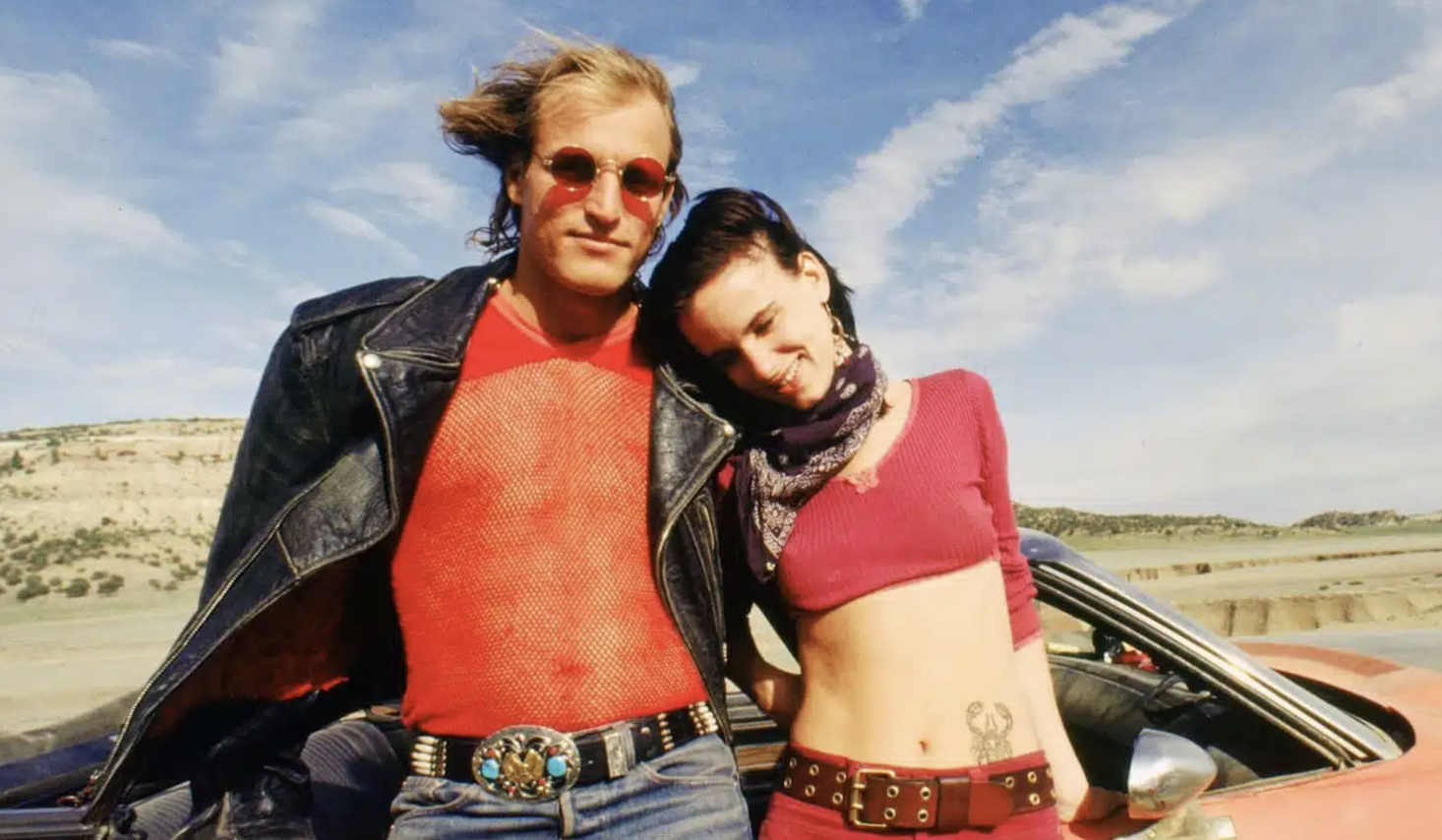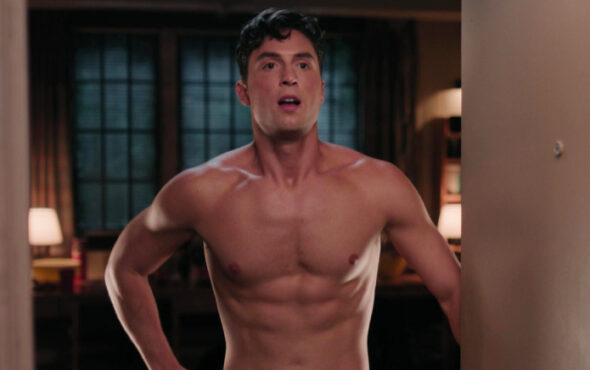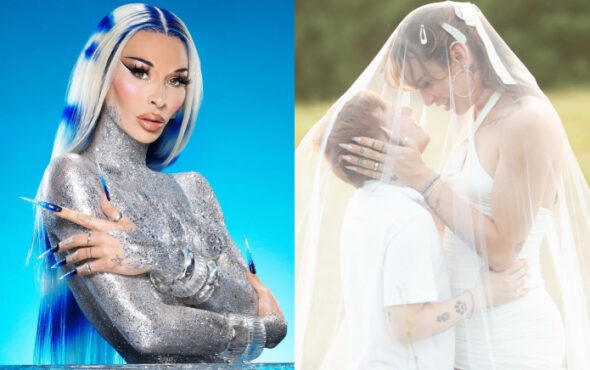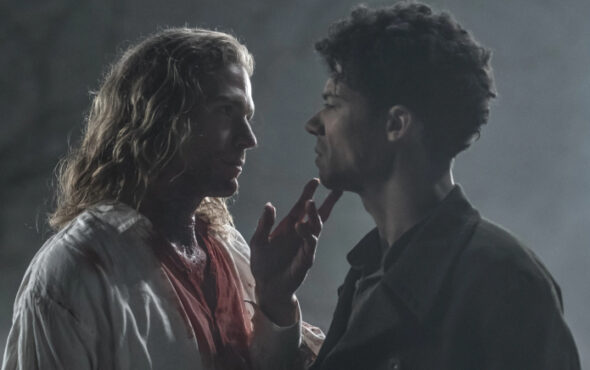
MUBI is a streaming service where you can find great, hand-picked films from across the world. In the ongoing series Through the Lens, we’ll be engaging with cinematic representation and queer interpretation via the films streaming on MUBI.
If you know your film history, you’ll be aware that explicit queer and trans representation is a relatively modern phenomenon in Hollywood. Looking towards the archives, particularly in Hollywood’s golden era, there’s a dearth of queer storylines and characters.
This is because of the Hays Code, a set of industry guidelines which first surfaced in 1934 and encouraged film studios to avoid themes that were considered taboo – same-sex desire being one such topic.
Where are the queers in cinema history?
The moralising of the Hays Code eventually crumbled, in no small part due to filmmakers pushing the limits of what could be shown on screen.
However, while depictions of queer characters became slightly more common from the 1960s onwards, they were either solely established via innuendo or rooted in negative stereotypes which supported reigning anti-queer bias.
But what if we flipped this? We can apply a queer gaze onto filmic works and allow ourselves to view characters and plot lines from an LGBTQIA+ point of view. Suddenly, queer-coded villains become subversive anti-heros.
Is the outlaw always queer?
While there are plenty of camp films out there which could easily be given the queer gaze treatment, there are other – less obvious – titles which are ripe for dissection.
Recently, filmmakers have been embodying the phrase ‘be gay, do crime’ through tearaway queer characters but the outlaw is a recurring archetype in cinema – whether it’s cowboys in the wild west or seedy gangsters in film noir.
But what if those outlaws can be seen as a representation of what it means to be queer in a cis-heteronormative society?
How Natural Born Killers nuked the nuclear family
To test this out, let’s look to Oliver Stone’s 90s classic Natural Born Killers. A joyride of a film, the thriller is helmed by two lovers who emerge from traumatic childhoods with a taste for violence and chaos.
The film centres on husband and wife Mickey and Mallory Knox, played by Juliette Lewis and Woody Harrelson, and it’s hard not to notice their palpable, primal sexual chemistry. And while this might position the protagonists as a straight couple, there’s plenty of potential for queer readings here.
Obviously, there are the splashy outfits – Harrelson wandering around like a cowboy in blue jeans and leather like a Tom of Finland drawing – but it’s also the way that the couple so flagrantly offend the rules and norms of society.
As the title explains, they’re ‘natural born killers’ who delight in murder for murder’s sake. In this way, they seem to parallel the gay outlaw as written about by Leo Bersani – an irredeemably evil figure who, rejected by the reigning moral order, refuses all ethical logic and instead embraces treachery and betrayal as an ethical necessity on the path to queer freedom.
Yet as the duo embark on their killing spree, their moral bankruptcy is mirrored by the sociopathic cops on their trail and the scandalmongering journalists who obsessively document their crimes. If they’re twisted, the film seems to say, then at least they own up to it, unlike the rest of the world.
While Natural Born Killers is bombastic, graphic and sometimes hard to stomach, its outlaw protagonists pivot their fringe position as outsiders from a place of dejection into one of power – no matter the human cost.


